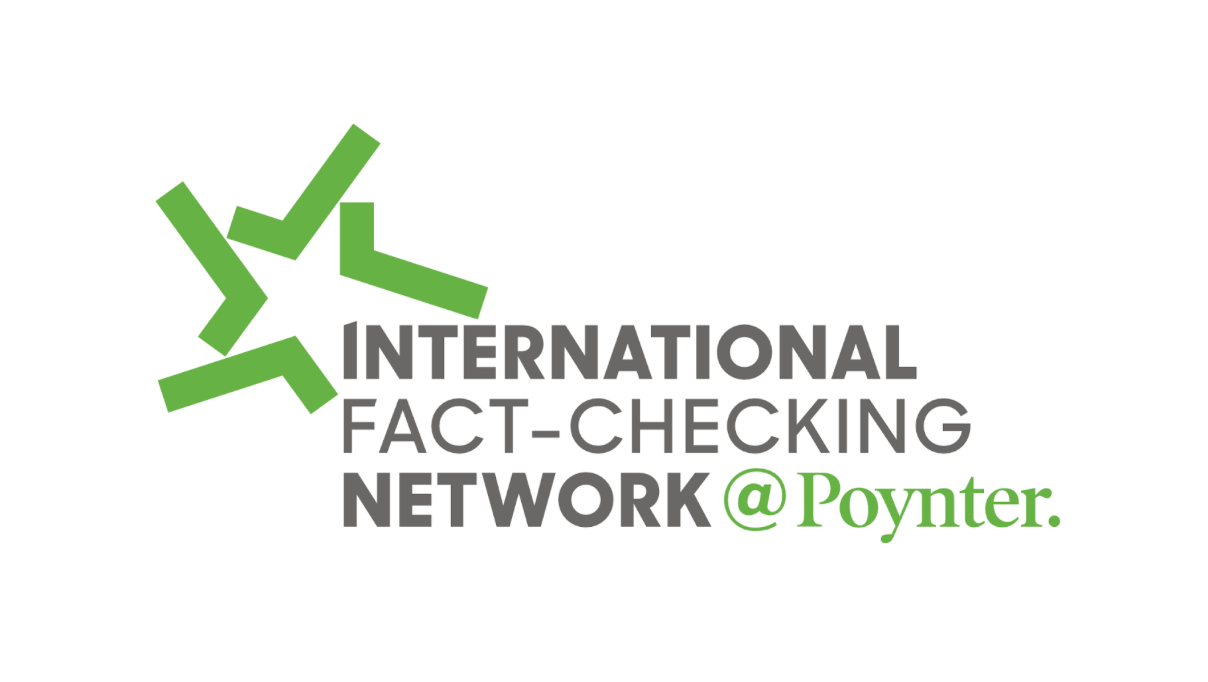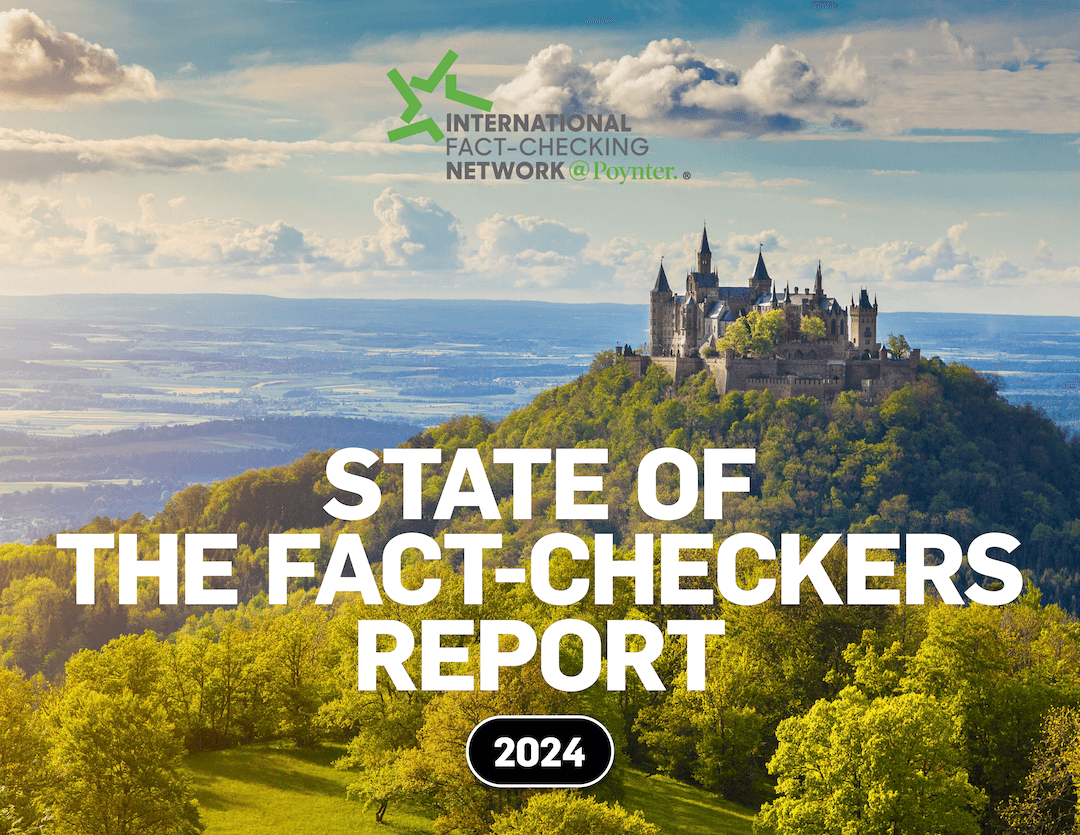Greece’s debt crisis most likely touched your retirement and investment accounts today as markets tumble on news that Greece will likely default on a loan from the International Monetary Fund (IMF). Greek banks are closed and the country of 11 million people has become a global focal point, again.
What’s the Problem?
Greece has a big payment due Tuesday. The country owes the IMF 1.54 billion euros. The fear, of course, is that Greece will default on the loan. The payment is due at 6 p.m. Eastern Standard Time Tuesday. Greece asked for an extension, and Eurozone finance ministers said no, they also limited future emergency funding. The European Commission said Monday it has no plans to issue new reforms for Greece. The standoff is set. Greece Prime Minister Alexis Tsipras announced that he will put IMF’s bailout demands to a vote July 5th. The Wall Street Journal included photos of senior citizens sitting head-in-hands on bank steps waiting for government pension checks that are supposed to be handed out at the end of each month.
A default would send vibrations around Europe. The 19-member eurozone could see the first country drop out of the monetary union in its 16-year existence. This may sound familiar. Three years ago, experts said there was a 90 percent chance that Greece would drop out of the eurozone.
As USA Today explained, “Surprisingly, many welcomed the possibility of Greece defaulting on its debts. Since the Greek credit crisis exploded in 2009, people have endured higher taxes and steep government cuts in exchange for the bailouts. The austerity measures have driven up unemployment to more than 25 percent on average and to 60 percent among youth.”
Are American Banks in Trouble?
MarketWatch’s Mark Decambre reports:
“Few think a Greek default will lead to a scenario similar to one that played out Sept. 15, 2008, when Lehman Brothers collapsed. For one, international banks have far less exposure to Greece than in the past.”
Senior citizens will recall so-called “banking holidays” during the Great Depression than made their generation so wary of banks. But since then the Federal Deposit Insurance Corporation insured all deposits up to a quarter of a million dollars. Even when banks do fail in the U.S. and some do, as you can see from this list, the F.D.I.C. steps in to cover deposits. The government says the insurance fund has more money in it than is even required by statute.
Is Your IRA/401K in Trouble?
You can expect some volatile days ahead if you are heavily invested in stocks, especially stocks with big international connections. But this is nothing new. The Dow and NASDEQ have been soaring in recent years and have more than made up for the rough years of the last recession. Investors who stayed the course with diverse investments have done fine. Those who yanked their investments in 2008 fearing the markets would go lower paid a heavy price.
Gold and silver, sometimes seen as safe havens in crisis, bumped up a little this morning but are nowhere near their highs from 2011. European government bonds are higher today, some are sharply higher. But as markets ran their course in Europe Monday, some buyers were already moving in to snap up bargain priced stocks.
Whatever news comes from Europe may also be softened this week by stronger housing sales figures (today) and June unemployment figures later this week, which experts predict will show a falling unemployment rate in the States.
Investment experts say days like this are good prompts to look at your investments, be sure you have a proper balance of stocks and less volatile bonds.
Worst Case
Fear breeds fear. The American markets are at high levels and it could be an excuse for profit taking. If Greece defaults, other eurozone countries including Spain and Italy could see a shrinking exchange rate compared to the dollar. That would hurt their economies.
Then there is the question of who currently is holding Greek debt. If American banks and other investors are holding Greek bonds and Greece defaults, the investments would be worthless.
Better Case
Housing sales and June jobs reports show the American economy is sound, U.S. banks can assure us they are not overly invested in shaky Greek investments and U.S. markets bounce around a couple of hundred points awaiting the July 5 vote.







